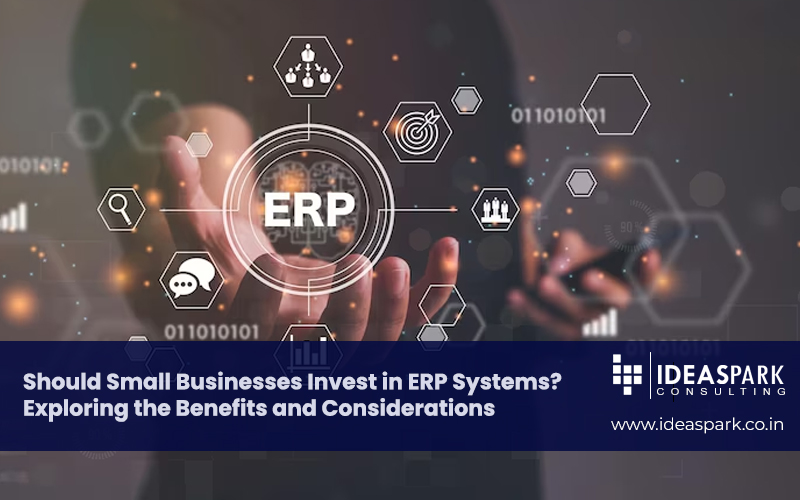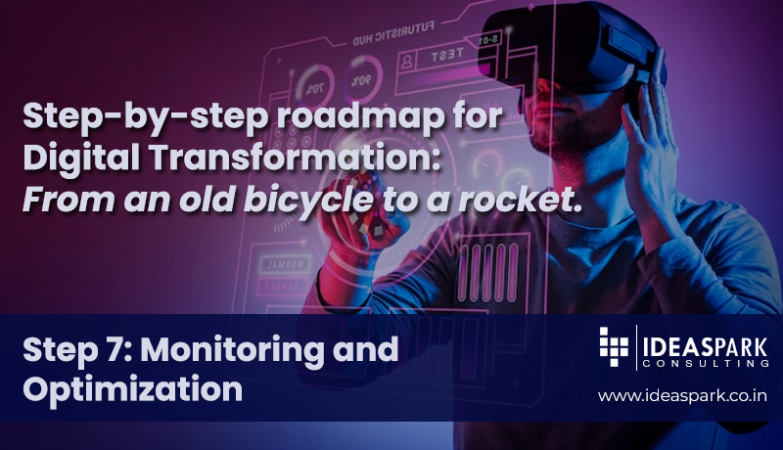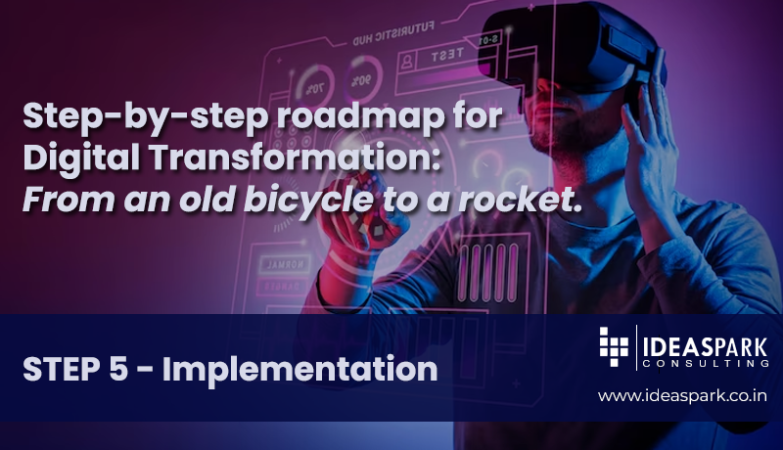In today’s fast-paced business landscape, small companies often find themselves grappling with challenges related to growth, efficiency, and competition. Many of these challenges can be effectively addressed through the adoption of Enterprise Resource Planning (ERP) systems. However, the decision to invest in ERP is a significant one for small businesses. In this article, we’ll explore the key factors to consider when deciding if ERP is the right choice for your small company.
1. Understanding ERP Systems
First, it’s essential to grasp what ERP systems are and how they function. ERP systems are integrated software solutions that centralize and automate various business processes, including finance, inventory management, human resources, and customer relationship management. They provide a unified platform that allows data to flow seamlessly between different departments.
2. Assess Your Business Needs
The decision to invest in ERP should begin with a comprehensive assessment of your business needs and goals. Consider the following questions:
- What are your pain points? Identify the specific challenges your small business faces, such as inefficient manual processes, data fragmentation, or difficulties in scaling.
- What are your growth ambitions? Determine your long-term goals and whether your current systems can support them.
- Do you need real-time data? Think about whether instant access to data is crucial for making informed decisions and responding to market changes.
- Are you struggling with inventory management or order processing? Evaluate whether your business could benefit from automating these tasks to reduce errors and improve efficiency.
3. Cost-Benefit Analysis
ERP implementation involves costs beyond software licenses. Small businesses should consider expenses related to software customization, hardware upgrades, employee training, and ongoing maintenance. However, it’s equally important to evaluate the potential benefits, which include increased efficiency, reduced operational costs, and better decision-making capabilities.
4. Scalability
One of the significant advantages of ERP systems is their scalability. As small businesses grow, they often require more robust functionalities and additional users. ERP systems can scale alongside your business, allowing you to add modules and features as needed. This ensures that your software remains aligned with your evolving requirements.
5. Competitive Advantage
In a highly competitive market, ERP systems can provide small businesses with a competitive edge. They enable efficient responses to customer demands, personalized marketing, and improved customer service. Access to real-time data ensures that your company can adapt quickly to market changes and deliver exceptional customer experiences.
6. Implementation Challenges
ERP implementation can be complex and time-consuming. Small businesses should be prepared for potential challenges, such as data migration, employee resistance, and system customization. It’s advisable to work with ERP vendors or consultants experienced in serving small companies to navigate these hurdles effectively.
7. Cloud-Based ERP Options
Cloud-based ERP solutions have become increasingly popular among small businesses. These systems offer lower upfront costs, scalability, and ease of access. However, data security and privacy concerns should be carefully addressed when considering cloud-based options.
8. Return on Investment (ROI)
Calculate the potential ROI of your ERP investment. Consider both short-term benefits, such as cost savings and efficiency gains, and long-term advantages like improved competitiveness and growth opportunities. A positive ROI can make ERP implementation a sound financial decision.
9. User Training and Support
Investing in ERP also means investing in employee training. Ensure that your team receives proper training and ongoing support to maximize the benefits of the system. An adequately trained workforce is more likely to embrace the ERP solution and use it effectively.
10. Start Small, Think Big
For small businesses, it’s often wise to start with a core set of ERP functionalities that address immediate needs. Over time, you can expand and customize the system to accommodate more complex processes and requirements.
In conclusion, the decision to invest in an ERP system for a small company should be driven by a thorough assessment of your business’s unique needs, long-term goals, and financial considerations. While ERP implementation can be challenging, the potential benefits in terms of efficiency, scalability, competitiveness, and ROI make it a compelling option for many small businesses looking to thrive in today’s dynamic business environment.
IdeasPark Consulting specializes in providing cutting-edge ERP solutions tailored to meet the unique needs of businesses across various industries. With a deep understanding of business processes, we leverage the power of ERP technology to streamline operations, enhance efficiency, and drive growth. Our team of experts works closely with clients to implement robust ERP systems that improve data management, facilitate informed decision-making, and elevate overall business performance. Whether you’re a small startup or a well-established enterprise, IdeasPark Consulting is your trusted partner in navigating the complex landscape of ERP solutions, ensuring your business stays competitive and future-ready.
Connect today to discuss.
#SmallBusiness #ERPSoftware #BusinessSolutions #EfficiencyBoost #GrowthStrategy #CostBenefitAnalysis #Scalability #CompetitiveAdvantage #BusinessAutomation #CloudERP #ROIAnalysis #EmployeeTraining #BusinessTechnology #DataIntegration #BusinessManagement #SMBs #DigitalTransformation #ERPImplementation #SmallBizGrowth #CloudComputing #BusinessProcesses #DataSecurity #CustomerExperience #BusinessIntelligence #FutureOfBusiness #SmallBusinessSuccess #EfficientOperations #ERPConsulting #BusinessDevelopment #ERPBenefits
![]()








